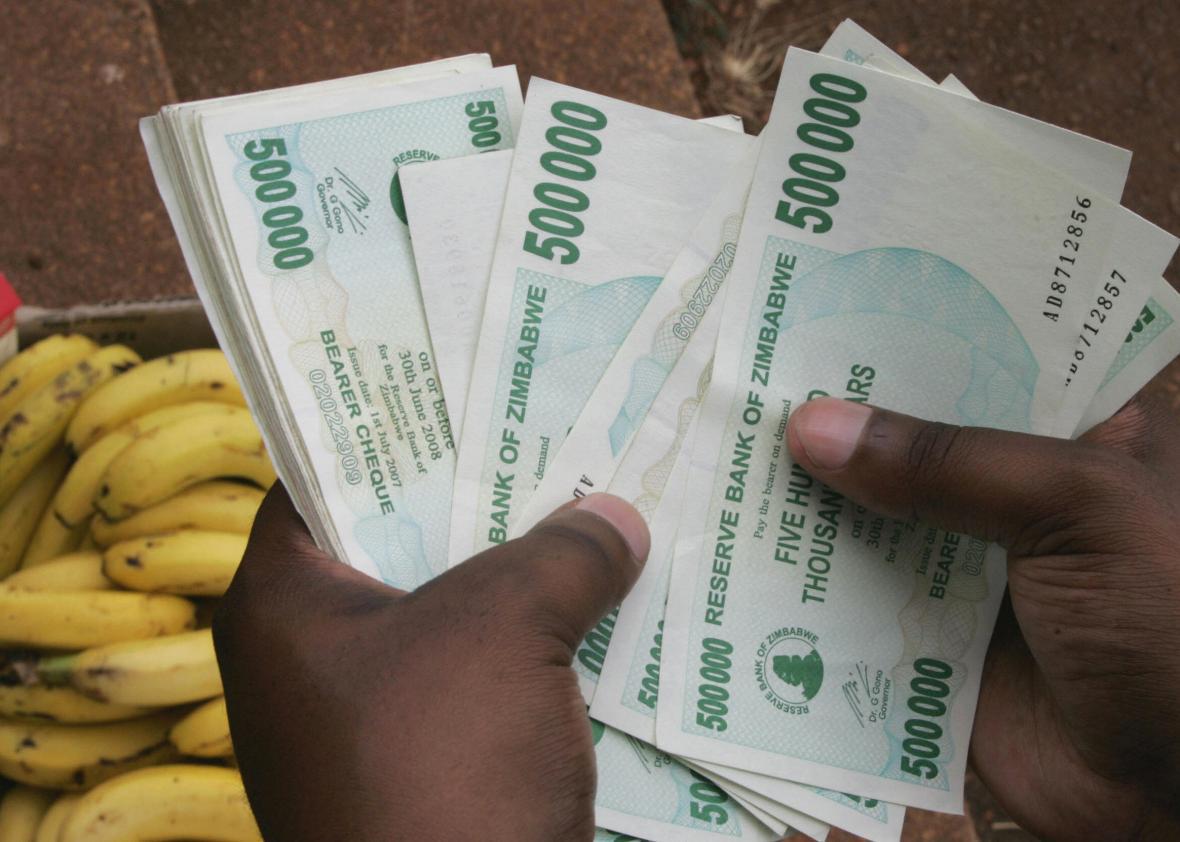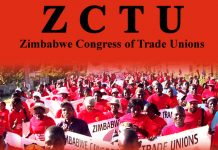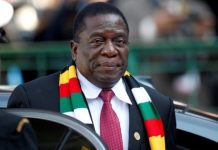The Zimbabwean economy has over the years been largely dominated by the government as the law maker, the regulator, business owner (competitor/supplier), consumer, financier and tax collector at the same time. The evolution from a socialist and command based economy where the government is at the center of key economic activities such as agriculture, energy generation and petroleum distribution, mining, tourism, real estate and banking to a free economy which favours private sector investment has been very gradual.

Advancement in globalization and the scope to harness private sector investment has brought to the fore the need for government to deregulate the economy, give authority to custodians of key institutions and allow market forces to play their part.
In addition, the collapse of industry defining state entities such as Air Zimbabwe, NRZ, ZimGlass, ZBC, Hwange Colliery, ZUPCO, Kingtons, CSC and ZiscoSteel has demonstrated that government cannot play all economic roles without creating market inefficiencies. Over regulating the economy has also helped to breed bureaucracy, undue political interference, parallel markets, weak institutions and a rent seeking mindset in the public sector.
An economy is a system in which the supply and demand for goods and services plays a primary role in a competitive marketplace. On the other hand, a government is the system or a group of individuals governing an organized community. The government is a mechanism for determining policy in socio-economic management and is a means by which those governance policies are enforced.
In Zimbabwe, conflict between major economic players and the government emanates from the latter’s ideal for influencing all economic activities through politics. Even though governance cannot be weaned from a political system, politicization of the government often leads to poor socio-economic development.






